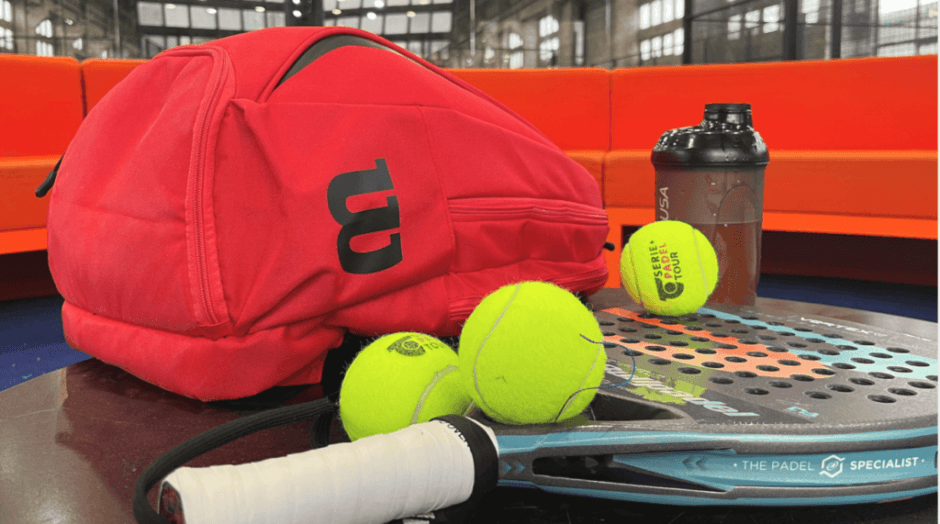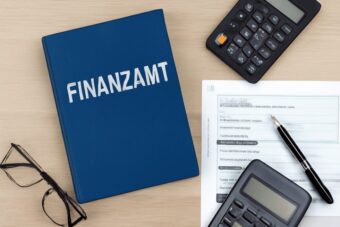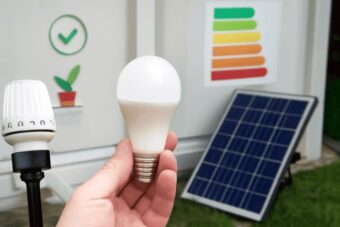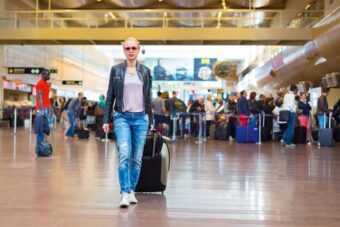Padel tennis in Germany – how it works, what you need and where to play

Padel tennis is currently one of the fastest-growing sports in Germany. With more than 700 courts and over 300 clubs already operating nationwide, the sport attracts players of all ages and backgrounds. Originating in Mexico in the 1960s, padel is played in doubles format, with four players on the court, adding a strong social dynamic to each match. A typical one-hour game can burn between 400 and 600 kilocalories, depending on intensity, making it both beginner-friendly and physically engaging. Its growing appeal is driven by low entry barriers, flexible booking systems, and the ability to play without a club membership. G.Business reports that the number of padel courts in Germany has tripled over the past five years, a trend also reflected in data from Padelfinder.de and the German Padel Association (Deutscher Padel Verband e.V.).
From a private court in Mexico to a global trend
Padel was invented in 1969 by Mexican businessman Enrique Corcuera, who built a tennis-style court with surrounding walls in his garden in Acapulco. Originally designed to prevent the ball from flying away, the walls quickly became part of the game itself.
The sport reached Europe in 1974, when Spanish aristocrat Alfonso de Hohenlohe constructed the first public padel courts in Marbella. Since then, padel has gained popularity across Spain, Italy, Sweden, and eventually Germany.
In Germany, the first courts appeared in the early 2000s, but a significant expansion began only after 2018. Cities like Berlin, Munich, Hamburg and Düsseldorf are now home to dozens of courts, making padel one of the most accessible and dynamic sports in urban areas.
Why padel is gaining ground in Germany
Padel offers a unique mix of sport, social contact and convenience. It is easier to start than tennis and requires less physical strength or experience.
Flexibility without membership
Unlike traditional tennis, padel does not require a club membership. In most major German cities, courts can be booked online by the hour. This means you can play without committing to long-term contracts or annual fees.
Beginner-friendly design
Padel courts are smaller than tennis courts, and the walls keep the ball in play longer. The ball is slower and easier to hit, which reduces frustration for beginners and allows for long rallies even at entry level.
A social game by nature
Padel is always played in doubles, making it ideal for social interaction. Whether you are playing with friends or joining an open group, it creates a relaxed environment to stay active and meet new people.
Affordable and accessible
Court fees usually range from €15 to €25 per hour, which is typically split between four players. The basic equipment is affordable, and many locations offer rental gear for first-time players.
The difference between padel and tennis
Although padel and tennis share some similarities, they differ in court layout, rules, gear, and game dynamics.
| Feature | Padel | Tennis |
|---|---|---|
| Court size | 10×20 m, with walls | 23.77×8.23 m, no walls |
| Racket | Solid surface, no strings | Strung racket |
| Ball | Lower pressure, slower | Higher pressure, faster |
| Team format | Doubles only | Singles or doubles |
| Membership | Not required | Usually required |
| Learning curve | Quick and accessible | Technically demanding |
| Strategy | Uses walls, angles, reflexes | Focuses on power and precision |
How padel works – rules and structure
Padel follows the same point system as tennis (15–30–40–game) but includes some unique features.
- Serve must be underhand and diagonal
- Walls are in play after the first ground bounce
- Games are usually played in best-of-three sets
- Doubles format is standard – four players on court
- Court dimensions are 10×20 meters with glass or mesh enclosures
Matches are typically faster-paced but easier to follow than standard tennis, especially for casual players.
What you need to start playing
Starting padel is simple. You do not need a license, membership, or large investment.
- Racket
A beginner padel racket costs between €30 and €150. Leading brands include Babolat, Head, and Bullpadel. - Balls
A set of three padel balls costs around €5. These balls are softer and slightly smaller than tennis balls. - Shoes
Non-slip court shoes are essential, especially for artificial turf. Avoid running shoes. - Clothing
Any breathable sportswear will do – similar to what you would wear to a gym or for tennis. - Court fees
Court rental ranges from €15 to €25 per hour. With four players, this results in an average of €4–6 per person per hour.
Where to find padel courts and clubs in Germany
Germany has a growing network of padel clubs, courts and communities. Whether you're in a large city or smaller region, finding a court is easy thanks to several national platforms and apps.
Useful platforms for court search and booking
| Platform | Description |
|---|---|
| Padelfinder.de | Interactive court map with filters by region, indoor/outdoor, price |
| Playtomic.io | App for booking courts, finding partners, joining public matches |
| Padelclub.de | Network of clubs, tournaments, events and rankings |
| Padel-Guide.de | Reviews, gear guides, location finder and blog articles |
Popular cities with active padel scenes
- Berlin – over 30 courts, including PadelBox, We Are Padel and Tempelhof Club
- Munich – premium clubs in the western and southern districts
- Hamburg – expanding scene with events and indoor courts
- Cologne & Düsseldorf – high-end facilities with evening lights
- Frankfurt & Stuttgart – many new venues opening in 2024 and 2025
Pro tip: use Playtomic to book, join public matches or find a double partner even as a beginner.
Padel is more than a sport – it’s a social movement
Padel is not just about fitness. It brings people together, offers a way to stay active without pressure, and makes sport more accessible for beginners, families, and professionals alike.
It is particularly attractive for urban professionals who want flexible, high-energy activities without the obligations of club life. Whether you want to improve your skills, stay in shape, or simply have fun with friends — padel is one of the most inclusive and engaging sports in Germany today.
Stay connected for news that works — timely, factual, and free from opinion. Learn more about this topic and related developments here





